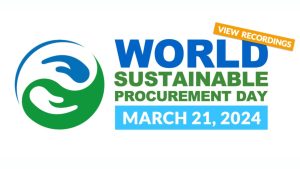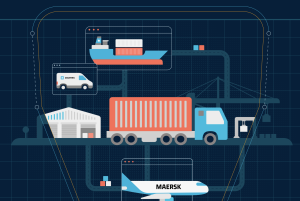When talking about procurement projects for a municipality it is safe to say you must factor in the political dimension.
Although the importance of council supervision in the municipal procurement process is clear, difficulties arise when the political side of council thinking begins to cloud the discharge of its fiduciary responsibility. Stephen Bauld explores the political dimension that procurement must appreciate, in this month’s SmartProcurement.
As we have all seen, it is because of the political dimension in which they must operate that municipal purchasing authorities often face a wide range of conflicting priorities when dealing with purchase issues.
Also, while the need to manage public money frugally is generally accepted, municipalities are expected to play a leading role in such areas as environment-conscious spending and other worthy causes.
For instance, with respect to so-called green consumption, it is sometimes argued that municipal authorities can significantly reduce negative environment effects by managing their administrations, property and the services and amenities they provide in an environment-friendly way. By doing so, they can act as a role model and perhaps modify the behaviour of other socio-economic actors including citizens, private institutions and companies.
This capacity is augmented when the municipal authority demands a commitment to green consumption from its own suppliers. In other words, municipalities can use their economic clout to encourage environment-benign products since they are among the largest single buyers in the domestic market.
On occasion, results bear out these beliefs:
For instance, recycled paper became a standard office supply in European countries owing to the cumulative demand for this product from municipal authorities across the European Union (EU). By creating a demand for the product, municipalities gave the suppliers of recycled paper a significant competitive edge.
Similarly, numerous city governments across the United States have passed bylaws to prohibit the purchase of clothing manufactured under sweatshop conditions and require suppliers to disclose to the public the locations of the factories where clothes are made.
Likewise, with the de-regulation of electricity supply, some Canadian municipalities have expressed interest in purchasing “green” electricity.
Importantly, whatever the socio-economic pursuit, caution is necessary for initiatives of this kind.
No doubt there is considerable value in seeking to use municipal purchasing power to advance socially worthwhile causes, but there often appears to be no end to such causes.
While the environment ranks high on most social priority lists, so too do fair trading, fair wages, equal opportunities, advancement of historically disadvantaged minorities and preference for local sources of supply.
In some cases, the advancement of one cause can only take place at the sacrifice of others. Problems abound where no clear basis is articulated for resolving such conflicting policy objectives.
Therefore, to maintain public confidence in the integrity of public administration and the political system, it is essential that the highest ethical standards are maintained with respect to such expenditure while staff and council work together to achieve common goals for the municipality.
Stephen Bauld is a government procurement expert and can be reached at swbauld@purchasingci.com.
Join us at Smart Procurement World Kwa-Zulu Natal where we will unpack ethics in procurement:
Sizwe Mbele, Director of Strategy at Business Leadership South Africa will discuss eliminating state capture and building state integrity through world class procurement mechanisms
One of our popular learning labs will facilitate a workshop on developing effective ethical codes in organisations.

























